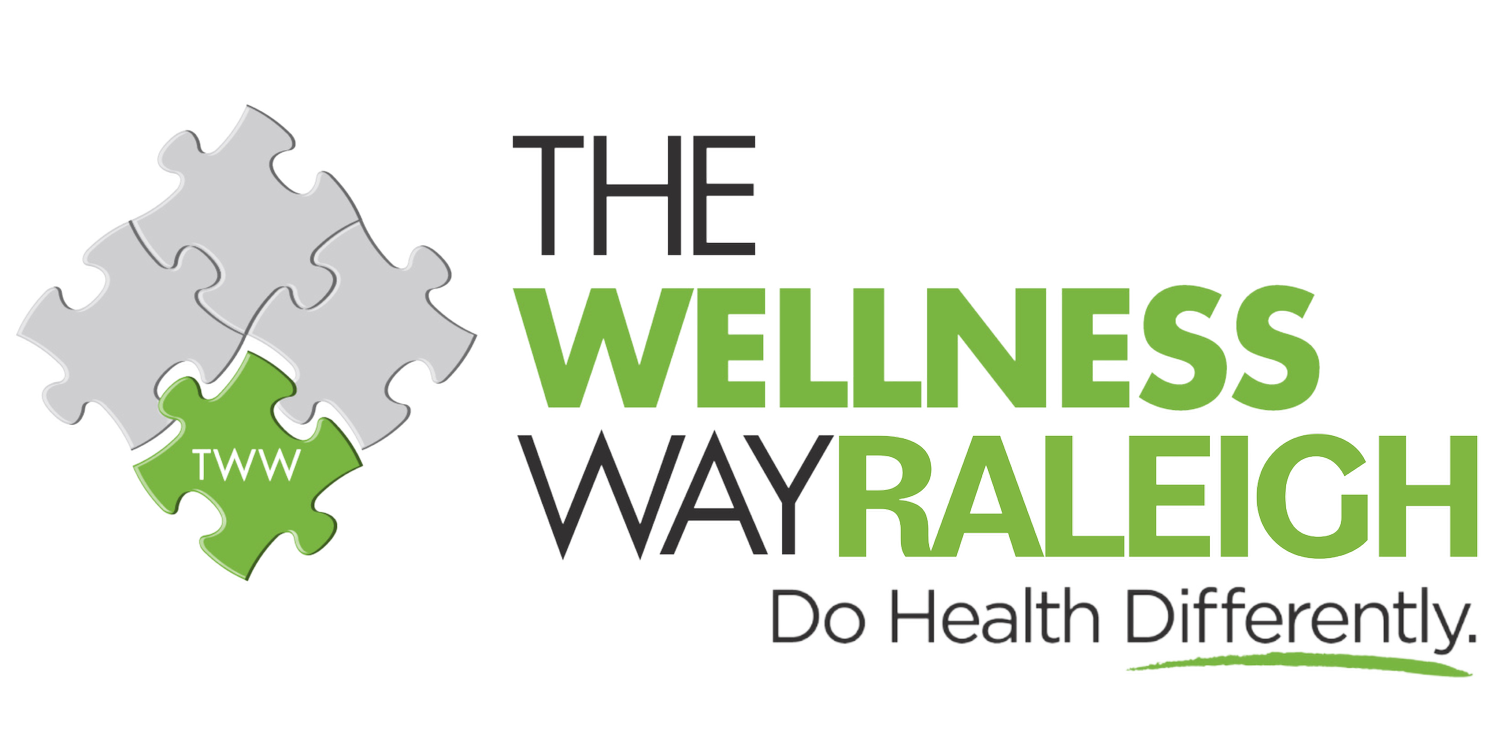Water Contaminants and Filtration Options
Water is essential for life. We rely on it for hydration, cooking, cleaning, and more. But have you ever stopped to consider the quality of the water you’re drinking? With an increasing number of contaminants in our water sources, water filtration has become a crucial aspect of maintaining optimal health. In this blog, we’ll explore why water filtration is important, common contaminants found in tap water, and the options available to ensure that the water you consume is clean and safe.
Why Water Filtration Matters
Drinking clean, purified water is essential for maintaining overall health. While water naturally comes from lakes, rivers, and aquifers, it often picks up harmful pollutants along the way. These pollutants can come from industrial run-off, agricultural chemicals, and even old plumbing systems. Without proper filtration, these contaminants can affect our body in numerous ways. From disrupting hormone balance to causing digestive issues, contaminants in water can impact everything from energy levels to skin health.
Water filtration systems are designed to remove these harmful substances and provide you with cleaner, healthier water. Not only does filtered water improve your hydration, but it also supports your body’s detoxification process by eliminating toxins that could otherwise accumulate.
Common Water Contaminants
Here are some of the most common contaminants that can be found in tap water and their potential health effects:
Chlorine – Chlorine is commonly used to disinfect drinking water, but when consumed in large quantities, it can disrupt the gut microbiome, contribute to dry skin, and potentially lead to more serious health issues like respiratory problems.
Lead – Lead is a toxic metal that can be found in older pipes and plumbing systems. Even small amounts of lead can affect cognitive function and development, particularly in children. Lead poisoning can lead to long-term developmental and health problems.
Pesticides – Pesticides used in agriculture often find their way into water supplies, especially in areas where farming is prevalent. Exposure to pesticide-contaminated water has been linked to cancer, hormonal disruption, and other chronic health issues.
Heavy Metals – Along with lead, other heavy metals like mercury and arsenic can contaminate drinking water. These metals are highly toxic and can accumulate in the body over time, affecting the kidneys, liver, and nervous system.
Fluoride – Fluoride has been added to drinking water with the claim it is beneficial for dental health although its intake has been associated with weakened bones, thyroid problems, and developmental issues.
Bacteria and Viruses – Pathogens like E. coli and Giardia can cause serious gastrointestinal issues and infections. These bacteria and viruses can sometimes make their way into water sources, especially after natural disasters or through faulty water systems.
Pharmaceuticals – Such as prescription drugs and over-the-counter medications can also be found in our water supply. These can come from improper disposal or runoff from wastewater treatment plants. Long-term exposure may contribute to antibiotic resistance and other health concerns.
Water Filtration Options
With these contaminants in mind, it’s essential to find the right water filtration solution to ensure your water is free from harmful substances. Here are a few options to consider:
Activated Carbon Filters – These are one of the most common types of water filtration systems. Activated carbon filters work by adsorbing impurities like chlorine, volatile organic compounds (VOCs), and other chemicals. They are great for improving taste and odor and can be installed as a faucet attachment, pitcher, or under-the-sink system.
Reverse Osmosis (RO) Systems – RO filtration is a more advanced solution that removes up to 99% of contaminants, including heavy metals, salts, and microbes. RO systems use a semi-permeable membrane to filter water, producing high-quality purified water. While they are effective at removing contaminants, they can also remove essential minerals, so some systems include a remineralization filter to restore healthy minerals to the water.
Distillation Systems – Distillation involves boiling water to produce steam, which is then condensed back into water. This process removes heavy metals, minerals, and most contaminants. However, distillation can also remove beneficial minerals, and the system can be slow.
Whole House Filtration Systems – These systems are installed directly into your home’s plumbing and filter all of the water coming into your house. They are particularly effective for removing chlorine, sediment, and other large contaminants, making them a great option for those who want clean water for every tap in the house.
UV Water Purifiers – UV purifiers use ultraviolet light to disinfect water by killing bacteria, viruses, and other pathogens. UV systems are an excellent addition to other filtration systems if you’re concerned about microbial contamination, especially if you rely on well water.
The Bottom Line: Water Quality Matters
Water is a vital part of our daily life, and the quality of the water we consume plays a significant role in our overall health. Whether you choose a pitcher filter, reverse osmosis system, or whole-house filtration, the key is ensuring that the water you drink is free from harmful contaminants. If you're unsure what’s in your water, start by having it tested and then select the appropriate filtration system for your needs.
Investing in clean water is an investment in your health. With the right filtration system, you can feel confident that you're nourishing your body with the clean, pure water it deserves. Whether you're making improvements in your diet, skincare, or daily habits, remember that the quality of your water is just as important. Drink clean, stay healthy, and make informed choices about what goes into your body!

